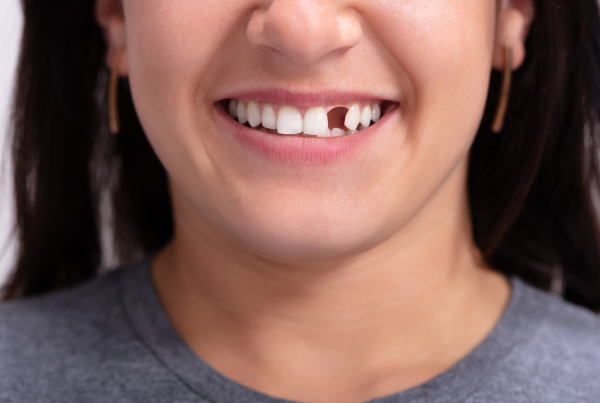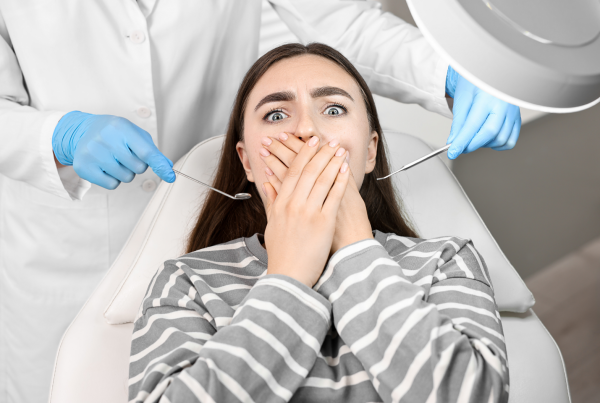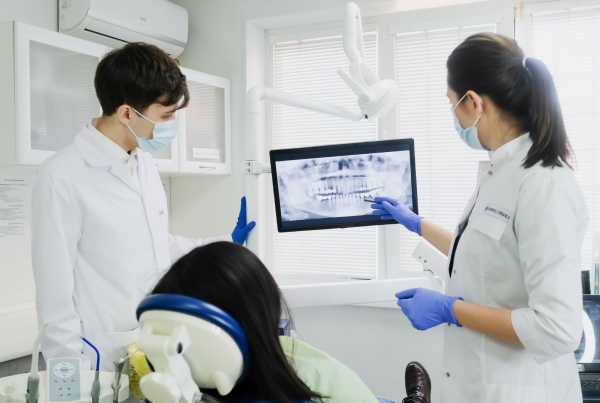If you are planning a new addition to your family, congratulations! You have almost certainly seen your doctor for care and advice, but have you considered how pregnancy affects your dental health? Here is some helpful information.
Ideally, it is better to schedule a visit with us here at Tsawwassen Place Dental before you become pregnant, just so our dentists Dr. Sarah Harland or Dr. Tom Greene can check your dental health thoroughly. Otherwise, we suggest you book a dental check-up soon after your pregnancy is confirmed.
Why See a Dentist During Pregnancy?
During pregnancy, the need for excellent preventative dental care is even more crucial and can help to protect the health of your baby. There is no need to worry about receiving dental treatment as routine dental care will not harm your unborn child, and we will ensure all procedures provided are safe and appropriate. We aim to assess your current dental health and to provide a suitable treatment plan to help you maintain optimal dental health while you are pregnant.
One dental problem that can cause concern is gum disease, a bacterial infection that has been linked with many serious general health problems and which could adversely affect your pregnancy.
There is increasing evidence suggesting a connection between premature and low birthweight babies and gum disease. Currently, it is not entirely certain how gum disease can affect pregnancy, but it appears that the levels of biological fluids responsible for inducing pregnancy increase when a woman has gum disease. If you do have signs of gum disease, we can provide suitable care to help reduce its effects and to ensure you enjoy a healthy pregnancy.
Maintaining Great Dental Health During Pregnancy
Changing hormonal levels affect the way your gums react to bacteria in the mouth and morning sickness can damage your teeth.
Pregnancy Gingivitis
One problem that affects many women is called pregnancy gingivitis, a condition very like gum disease where the gums bleed slightly during brushing and flossing, and they can look red, tender and inflamed. It develops because increased levels of progesterone change the way gums react to bacteria in plaque, so it is more likely to irritate the gums. It is essential to keep your teeth clean and free from plaque, so your gums are less likely to become irritated and inflamed. If you do develop pregnancy gingivitis, more frequent hygiene appointments can help to reduce its impact.
Morning Sickness
If you have morning sickness, make sure you carry a small dental kit with you, including a toothbrush, toothpaste, a bottle of water and mouthwash, so you can freshen up wherever you are. Morning sickness can damage your teeth because it exposes them to strong stomach acids, softening your tooth enamel. Afterward, rinse your mouth with plain water but try to wait at least half an hour before you brush your teeth. Waiting minimizes the damage to your teeth by allowing acidity levels to normalize so that when you do clean your teeth, your tooth enamel is harder and less easily damaged by brushing.
Eating Healthily
Food cravings are common during pregnancy, but if you can, try to avoid sugary snacks and aim to eat a healthy, balanced diet. Did you know your baby’s teeth begin developing approximately three months into your pregnancy? Dairy products including cheese and sugar-free yogurts will help provide some of those essential minerals needed for developing teeth and bones.
Learn more about diet and dental health
Once your baby is born, we hope to welcome you both back to our dental practice so we can continue to provide you with the very best and most appropriate dental care.
We hope this information on how pregnancy affects your dental health was useful. Use our convenient online form to request your appointment.





